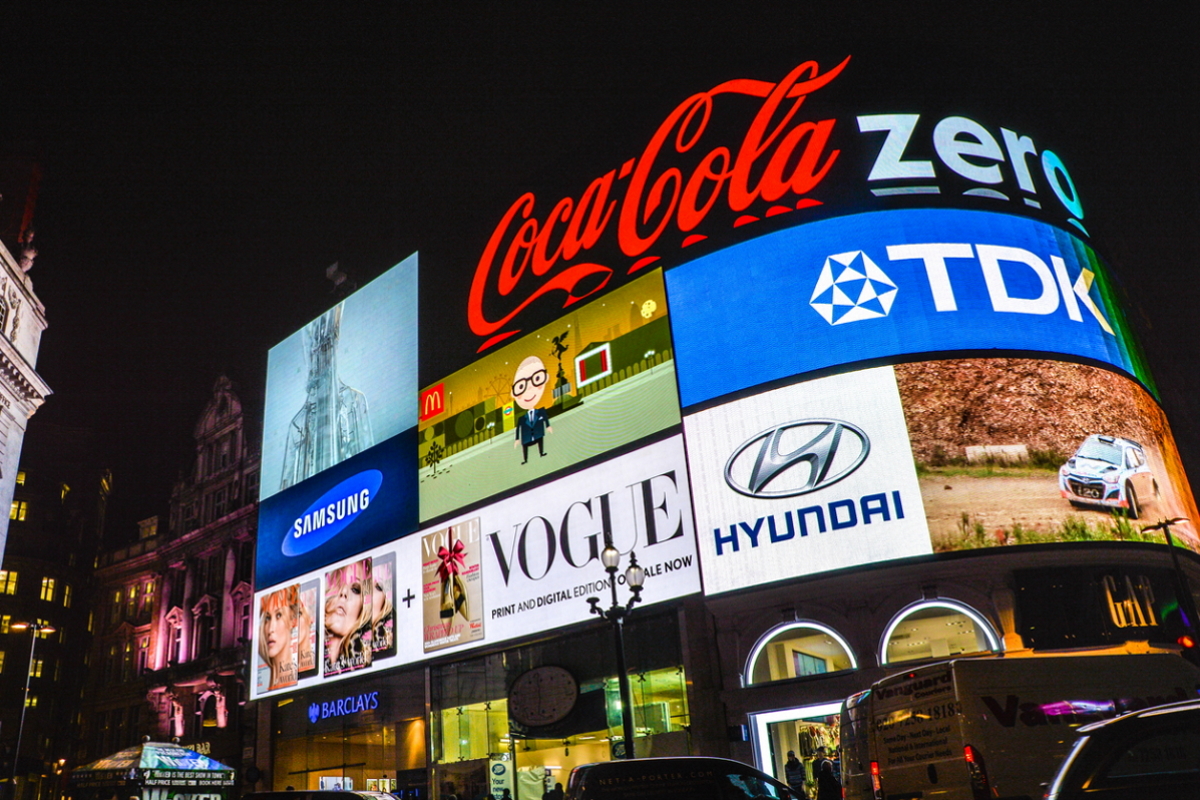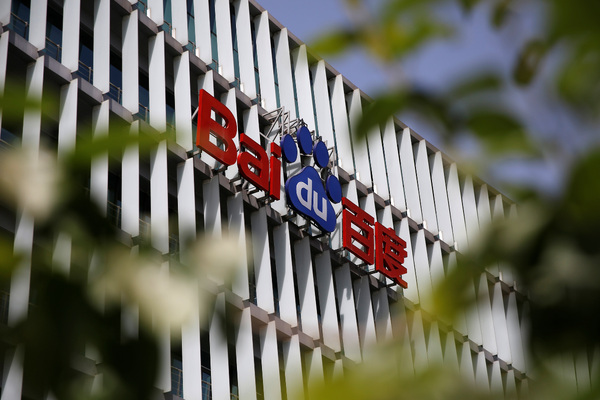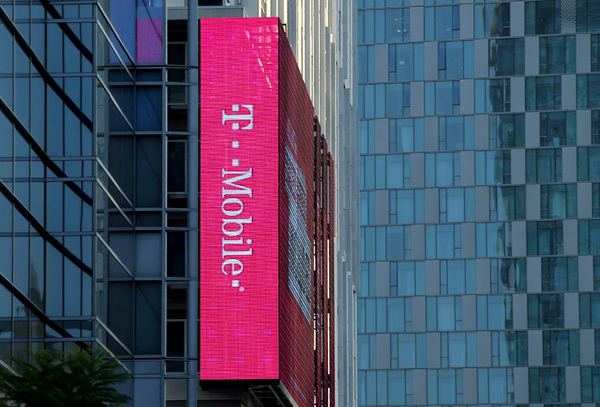The history of purpose in advertising

Rik Haslam describes how business purpose in advertising has evolved over the years, and why it is so important
Late last year, Effectiveness Researcher Peter Field caused a storm in the world of purpose when he called for an end to the “vitriolic criticism heaped on brand purpose”, arguing that well-executed purpose campaigns deliver superior effectiveness on a number of key business measures.
In truth, it’s your business that needs a clear and guiding purpose. Not just your brand or your campaigns.
Amidst the shifts in culture and social issues, it’s now more important than ever to truly define the difference between brand purpose and business purpose.
Business purpose vs. brand purpose in the advertising world
Brand purpose is too often used as a way for a company to align its marketing communications with some kind of cause, in the belief that injecting more ethical values into the brand’s DNA will appeal to consumers. (Who can ever forget Pepsi’s maligned partnership with Kendall Jenner for a watered-down BLM-inspired ad?)
If done badly, purpose used in this way can feel inauthentic or worse – it can feel like a brand is trying to hijack a cultural territory it has no right to occupy.
Business purpose is more foundational than brand purpose. Although business purpose may inform much of the brand’s marketing activity, it doesn’t necessarily mean that all communications need to be purpose-driven. Business purpose is so much more than just messaging. It’s the north star for an organization that informs all their core decisions from acquisition and investment activities, ESG policies, down to supply chain standards.
Same as a puppy isn’t just for Christmas, purpose shouldn’t just be for a campaign.
The history of purpose in advertising
In the 1970’s, American economist Milton Friedman explored the orthodoxy that the sole purpose of a business is to generate profit.
Although Milton Friedman’s views held sway for many years, there have always been purposeful (or ethical) businesses who pursued profit while attempting to do good.
In the 1800’s, the Rowntree’s business, makers of the Kit-Kat, used their ethical principles to promote the company through advertising. The Rowntree owners adopted a paternalistic approach by providing decent housing, education and medical services to their employees. Throughout the company’s growth Joseph Rowntree went to great lengths to ensure his business was in his words, ‘united by a common purpose’.
During the 1960s, advertising pioneer Howard Gossage ran a famous campaign for non-profit environmental organization Sierra Club. The ad helped prevent a dam from being built, which would have largely flooded the Grand Canyon. The campaign marked a shift in America’s view of nature as a resource to be exploited towards a more conservationist attitude – nature as something to be nurtured and protected.
Until the late 1980s and ‘90s, the most purpose-driven advertising campaigns tended to be driven by non-profits. The focus on social causes was perhaps at the root of some of the confusion and mistaken assumptions around purpose today.
As environmentalist beliefs grew in popularity, the purpose-driven brands and advertisement campaigns that took center stage were those who aligned themselves with an ethos of sustainability, think Body Shop and Patagonia.
This legacy still means that many advertisers today struggle to appreciate how purpose doesn’t always have to align with progressive social causes. Volvo’s commitment to driver safety is prevalent in its advertising campaigns and is equally a valid raison d’etre, creating a successful brand around a purpose that’s aligned with a product rather than a social issue.
Authenticity, activism, and aspiration
Just over a decade ago, Chipotle demonstrated just how commercially powerful purpose-driven campaigns can be when they authentically reflect the reality of the business. In 2011, the brand’s Back to the Start film launched its “cultivate a better world” strategy.
The ad shows a small-town farmer being seduced by industrial scale farming before realizing his mistake and returning to more sustainable farming methods. In the six months following the launch of the film, Chipotle’s revenues increased by 23.1%.
The most recent purpose-driven campaign that has demonstrated powerful results is Nike’s Crazy Dreams campaign from Wieden+Kennedy Portland. Featuring American activist and former football quarterback Colin Kaepernick, the Gold Effie winning campaign created $6 billion in brand value, a 31% increase in sales, and proved to be Nike’s most successful campaign ever.
In 2004, Ogilvy launched Dove’s successful campaign for Real Beauty, and has since spawned multiple Effie award-winning executions from all around the globe. Despite moments of controversy and occasional accusations of not living up to its own publicity, the consistent message of championing ‘real beauty’ in many forms has never changed. This constancy has convinced most consumers that Dove is truly committed to its purpose of democratising the idea of real beauty. Today, the Dove brand is valued at $7.3 billion.
These campaigns suggest an increased willingness for brands to take a more activist stance on social issues. Organizations who can get ahead of these issues and drive the cultural response in a way that feels permissible for their brands are likely to reap large benefits.
Purpose beyond advertising
The lesson from these celebrated campaigns is to make sure that there’s a strong, authentic connection between your business purpose and your marketing efforts.
The march to purpose extends far beyond advertising and must connect back to the heart of your brand and why it exists. A purpose-led brand cannot be created through an advertising campaign alone. For advertisements to be truly meaningful, purpose has to be entrenched in the organization’s social conscience and business decisions – then you’ll have the integrity and credibility to build campaigns around it.
If you’re going to put purpose at the center of your campaigns, then be prepared to stay the course.
Rik Haslam is Executive Creative Partner at transformational consultancy Brandpie
Main image courtesy of iStockPhoto.com

Business Reporter Team
Most Viewed
Winston House, 3rd Floor, Units 306-309, 2-4 Dollis Park, London, N3 1HF
23-29 Hendon Lane, London, N3 1RT
020 8349 4363
© 2025, Lyonsdown Limited. Business Reporter® is a registered trademark of Lyonsdown Ltd. VAT registration number: 830519543





